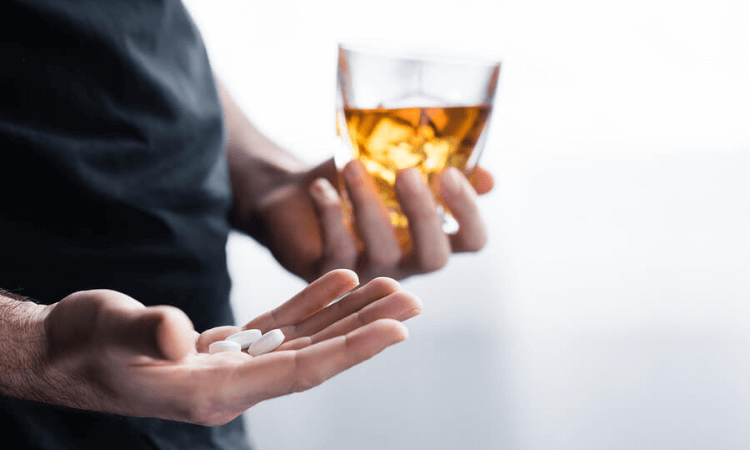Combining alcohol and Ativan (lorazepam) poses significant risks due to their similar effects on the central nervous system (CNS). Both are depressants, meaning they slow down brain activity, which can lead to heightened sedation, impaired motor function, memory problems, and even life-threatening issues like respiratory depression or overdose. Here are ways to safely avoid these risks and interactions:

1. Avoid Combining Alcohol with Ativan
- Synergistic Effects: Both substances can amplify each other’s sedative effects, leading to extreme drowsiness, dizziness, confusion, and dangerous impairment.
- Respiratory Depression: Alcohol and Lorazepam both slow down breathing. When combined, they increase the risk of respiratory depression, which can be fatal.
- Memory and Cognitive Impact: Taking both can lead to amnesia, confusion, and difficulty concentrating, which increases the risk of accidents or injuries.
- Increased Overdose Risk: The combination can overwhelm your system, leading to overdose, especially if taken in large amounts.
2. Timing is Crucial
- Wait Before Drinking: If you’ve taken Ativan, it’s important to wait for it to clear from your system before consuming alcohol. Lorazepam has a half-life of 12-18 hours, so it can take around 2 to 3 days to be fully eliminated.
- Avoid Alcohol for Extended Periods: Ideally, you should avoid alcohol while using Ativan entirely, especially if it’s part of ongoing treatment. Even small amounts of alcohol can interact dangerously with benzodiazepines like Ativan.
3. Consult Your Doctor
- Discuss Risks: If you are prescribed Ativan, talk to your healthcare provider about alcohol use. They may adjust your medication or offer advice on safe practices depending on your personal health and medication schedule.
- Alternative Medications: Your doctor may recommend alternative medications for anxiety or sleep that don’t carry the same risks when combined with alcohol.
4. Avoid Mixing with Other Substances
- Other CNS Depressants: Combining Ativan with other depressants, such as opioids, antihistamines, or sleeping pills, along with alcohol can significantly increase risks of overdose and severe CNS depression.
- Illegal Drugs: Substances like marijuana, opioids, or other recreational drugs can further complicate interactions and worsen side effects when taken with alcohol or Ativan.
5. Recognize the Signs of Overdose
- Symptoms may include extreme drowsiness, confusion, poor coordination, slow or shallow breathing, and unresponsiveness. If any of these occur, seek emergency medical help immediately.
6. Use Non-Alcoholic Alternatives
- If you’re in a social setting where drinking is common, opt for non-alcoholic beverages. These can help reduce the temptation to drink while on Ativan and avoid the risk of dangerous interactions.
By being aware of these interactions and following a cautious approach, you can reduce the risks associated with alcohol and Ativan. If alcohol consumption is important to you, it’s essential to work closely with your healthcare provider to find a safe balance.